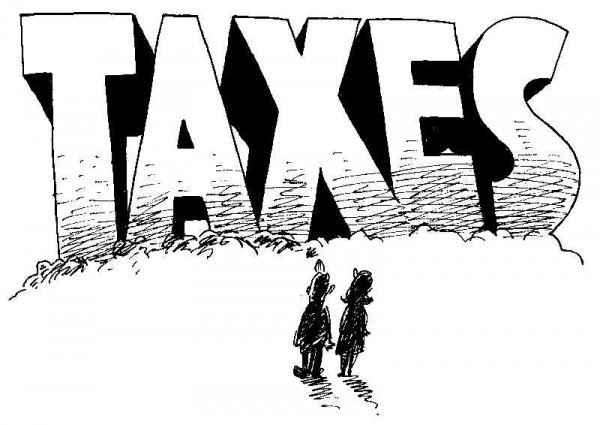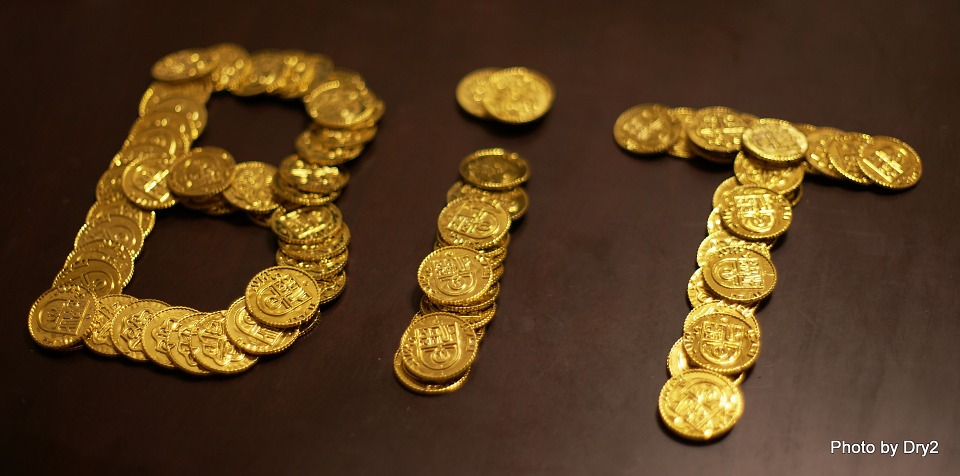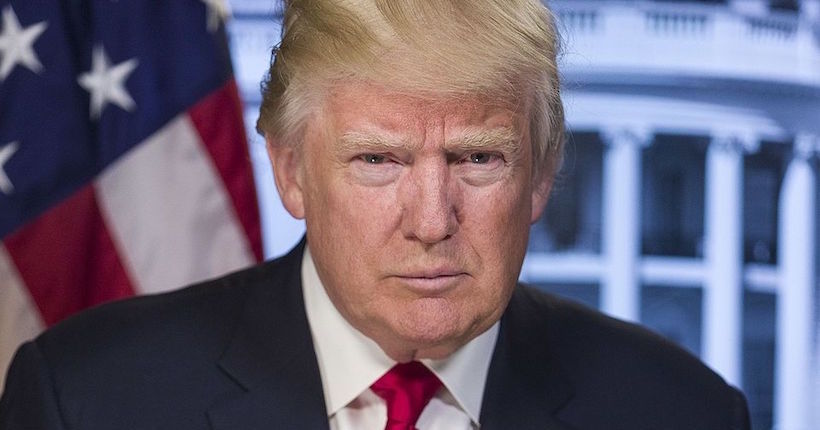The penny is on the verge of extinction as production costs soar
04/08/2017 / By Robert Jonathan

The idea of getting rid of the penny continues to gain currency, as it were.
Late last month, Republican Senators John McCain and Mike Enzi of Arizona and Wyoming, respectively, introduced the Currency Optimization, Innovation, and National Savings Act of 2017. Under the COIN Act, if implemented, the buck also stops here.
The COIN Act proposes suspending penny minting and switching to a $1 coin in place of a dollar bill. The lawmakers claim that this would result in a $16 billion in taxpayer savings, including $150 million per year resulting from the replacement of the dollar bill. The measure also aims to reduce the cost of nickel production. McCain claimed that “With our country facing $20 trillion in debt, Congress must act to protect the American taxpayer by reforming and modernizing America’s outdated currency system, this commonsense bill would bring about billions in savings without raising taxes.”
The senators put forth similar legislation a few year ago but it failed to gain traction. (RELATED: Read more about legislation and regulation at BigGovernment.news).
Against this backdrop, the days of the copper penny are long gone. Moreover, unlike most paper currency, the penny is a money-losing proposition in that it costs the government $1.8 cents to manufacture each penny coin.
“The dollar’s reign as the world reserve currency will come to an end some day. But before that happens, the penny will likely go into the dustbin of monetary history… U.S. pennies have already been debased – going from 95% copper before 1982 to just 2.5% copper (and 97.5% zinc) since,” the GoldSeek website asserted. “Supporters of eliminating the penny note that it no longer makes any economic sense to produce them… They argue that few people would care if their purchases were rounded to the nearest $0.05, as is now done in Canada.”
Canada stopped minting the penny in 2012. Australia and New Zealand, among other countries, have also decided to get rid of the penny.
An organization called Retire the Penny claims that the one-cent coin drains nearly $900 million from the U.S. economy each year. On the flip side, Americans for Common Cents wants to keep things they way they are, in part because the possibility of inflationary pressure that could result from the elimination of the low-denomination coin. The lobbying group also has concerns over the potential of a rounding-up tax.
When the penny goes away, all retail prices would likely end in a zero or five, the New York Times noted. In one academic study cited by the Times, prices rounded down or rounded up would roughly offset each other.
“According the Bureau of Labor Statistics’ own historical inflation data, a penny in 1913 (the year the Federal Reserve was created) had the same buying power as a quarter does today. But decades of steady currency devaluation through inflation have taken their toll on our once valuable circulating coins,” added Goldseek.
The nickel (which now consists of a copper-nickel mix) costs 9.4 cents to make, but according to former U.S. Mint Director Philip Diehl, there is some hope for change. “We have a better opportunity to change the composition of the nickel and make it profitable or close to profitable. The penny is beyond hope,” he told CNBC in December 2015.
Eliminating the penny would, in a way, disrespect Abraham Lincoln, the nation’s beloved 16th president, because he will appear on the $5 bill in perpetuity, Retire the Penny noted.
A 2014 YouGov poll of $1,000 U.S. adults revealed that 43 percent of the respondents would be angered or disappointed if the government stopped minting pennies. One-fourth were indifferent to the whole idea.
Presumably, there would be a transition or grace period during which pennies would remain in active circulation, and before prices change, but with no new ones on the assembly line. During that time, you’d have to figure out what to do with all those coins in your glass jar or piggy bank.
Sources:




















